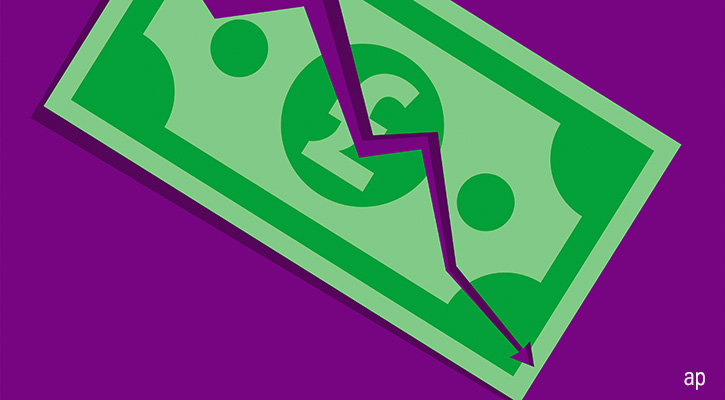
Nobody wants to see their investments destroy the planet. Naturally, the world is not as simple as that, but if presented with an opportunity to make great returns and address environmental, social and governance (ESG) issues at the same time, who wouldn’t want it?
This is why we’ve jumped headfirst into Morningstar Direct to find our favourite UK funds with the highest possible Morningstar Sustainability Rating, or "Globe" score.
To select the funds, we screened for strategies with an analyst rating of Silver and higher, and five Globes in our sustainability rating. Plus, we’ve filtered out the funds where a larger percentage of AUM is allocated to companies with significant or high controversies.
These three funds are our favourites.
Jupiter UK Mid-Cap fund has outperformed its benchmark and category average over the manager's tenure, albeit with much higher volatility. The fund focuses on mid-cap stocks in the growth segment. Its portfolio currently consists of 39 equities, including Ascential (ASCL), Starling Bank and Future (FUTR).
The strategy has earned a Silver rating from Morningstar’s analysts primarily because of its exceptional manager Richard Watts and his experienced team. Watts, who has managed the strategy for over a decade, is part of the wider small- and mid-cap team at Jupiter-owned Merian, which Morningstar believes is one of the strongest in its sphere.
Over 2022, the fund has lost 28.49% with the shift from growth to value, and even over a three-year annualised period the fund is down 2.94%. But Morningstar’s analyst Samuel Meakin notes returns can look out of step over shorter periods, and for patient long-term investors, the strategy remains strong; the fund is still up 10.30% over a 10-year period.
Another Silver fund with great long-term performance is Threadneedle UK Equity Income. It aims to combine capital growth and income, using a contrarian and bottom-up approach to picking its holdings. Its holdings sit at the cross section between mid- and large-caps, with names like AstraZeneca (AZN) (10% of its portfolio), RS Group and GlaxoSmithKline (GSK) among its 39 stocks. However, 3.23% of its portfolio is also BAE Systems (BA.), so it would be fair to question whether an arms company is really ESG friendly.
This fund is managed by another Richard (Colwell), who Morningstar likes because of his ability to construct portfolios that reflect strong knowledge and a sensible approach to risk. Under his 12-year oversight, the fund has beaten both the FTSE All-Share and its peers, and held up better in downturns.
In a difficult year, the fund is only down 4.23%, and, over the medium and long term, returns have remained resilient. Over a three-year period, returns are 5.80%, and over 10 years, the annualised return is 9.12%. Its dividend yield is about 3.32%.
Royal London Sustainable Leaders
Royal London’s Sustainable Leaders is another Silver-rated fund with a high sustainability rating. Meakin says this is a strong choice for investors seeking a sustainability mandate, because of its disciplined approach. It aims only to invest in companies that deliver a net benefit to society through the products and services they provide, or the ESG leadership they show. Among its 40 stocks, AstraZeneca is its biggest, followed by SSE (SSE) and London Stock Exchange Group (LSEG).
There are no Richards at management level here – this fund is led by Mike Fox, who has been at the helm since 2003. He initially took the reigns while employed at the Co-operative Group, which was acquired by Royal London in 2013. His long tenure makes him one of the longest-reigning UK managers in the sustainable investment space. Fox is also supported by two co-managers and three analysts. The strategy has been managed consistently to beat both index and peers, although some of its growth-style tailwinds have since caused a (slight) headache.
As such, the fund is down 11.28% in 2022 but up 8.79% annualised over the past three years, and 11.54% over 10 years. Meakin notes that the socially responsible objectives sometimes limit the portfolio’s exposure to certain sectors and companies, and, as a result, returns can deviate from peers'. However, in this instance, its longer-term returns have proved resilient.


























